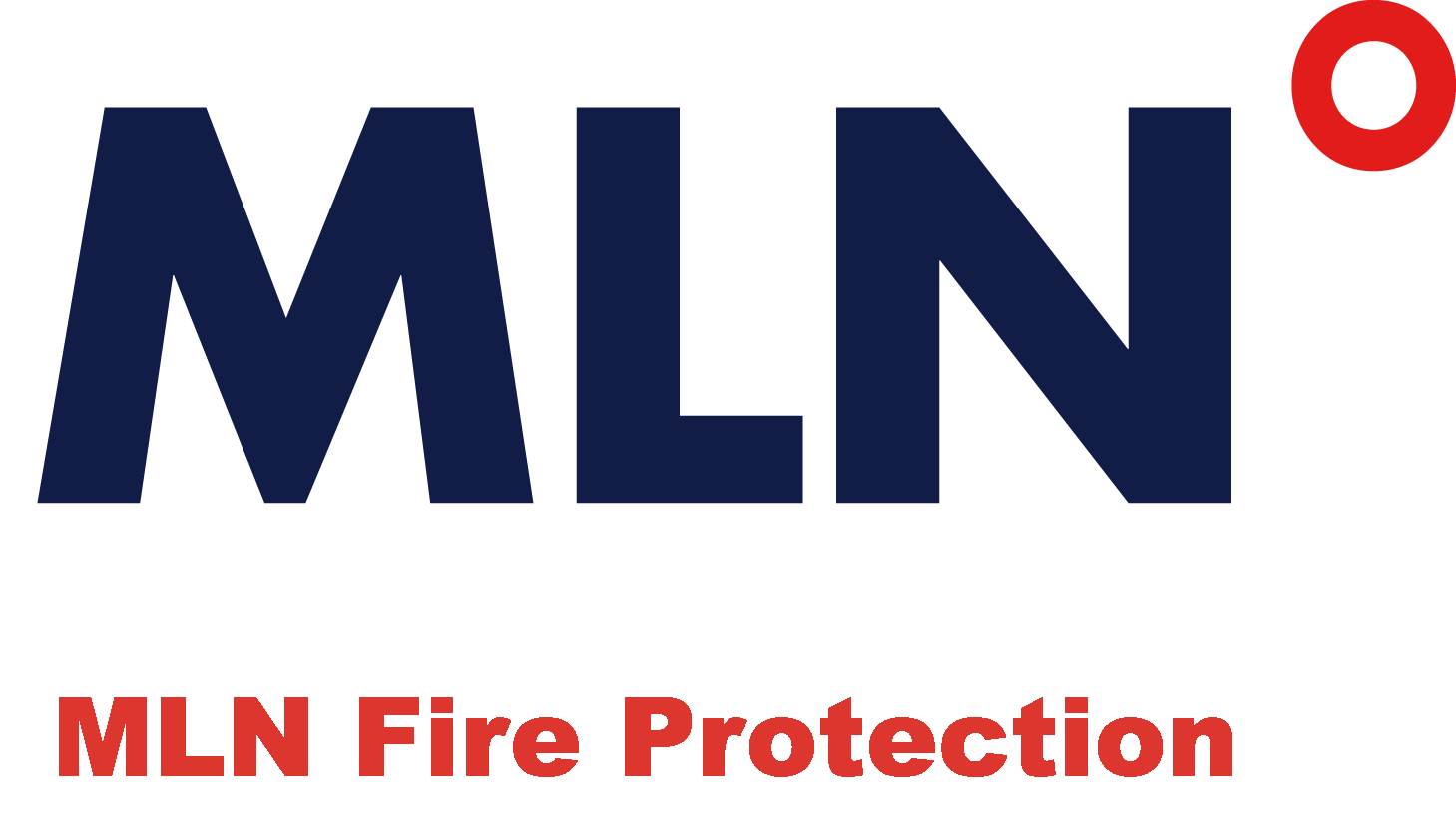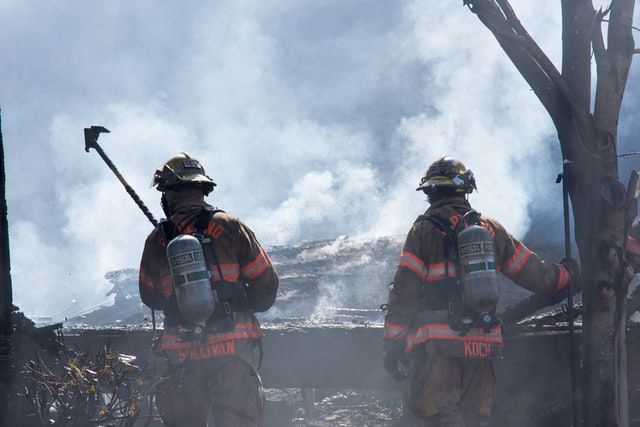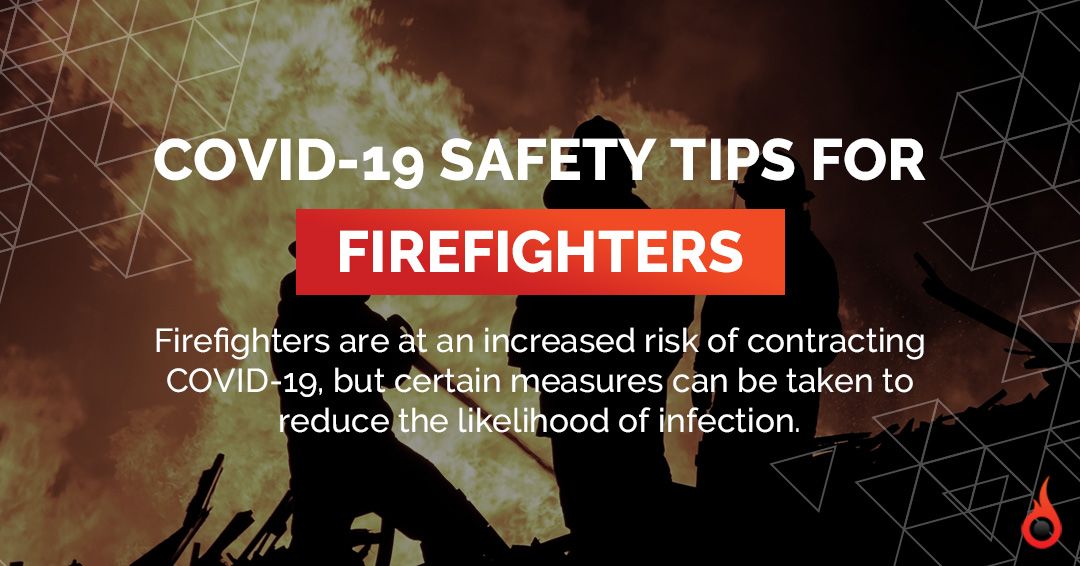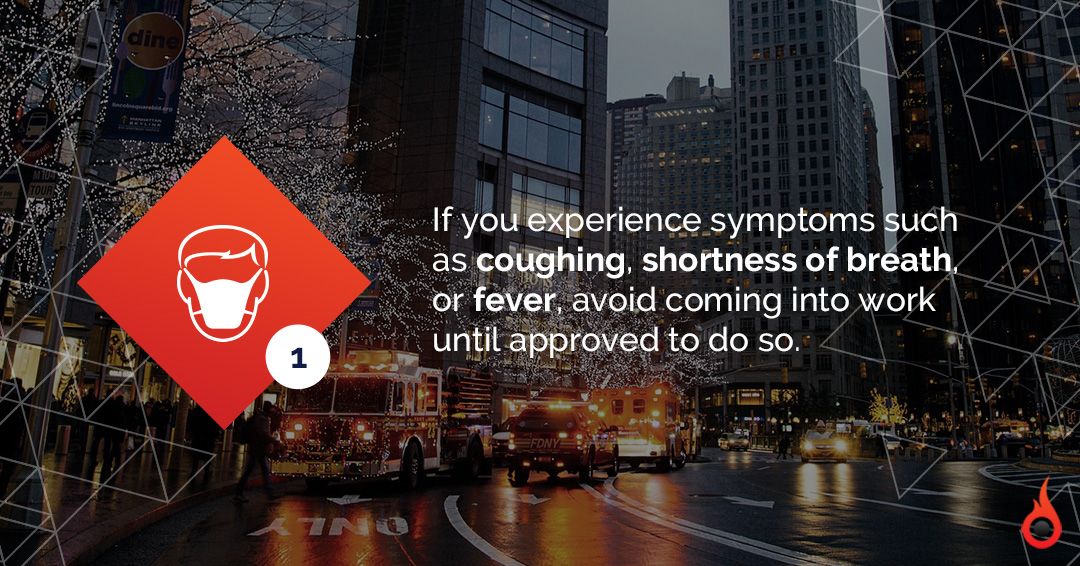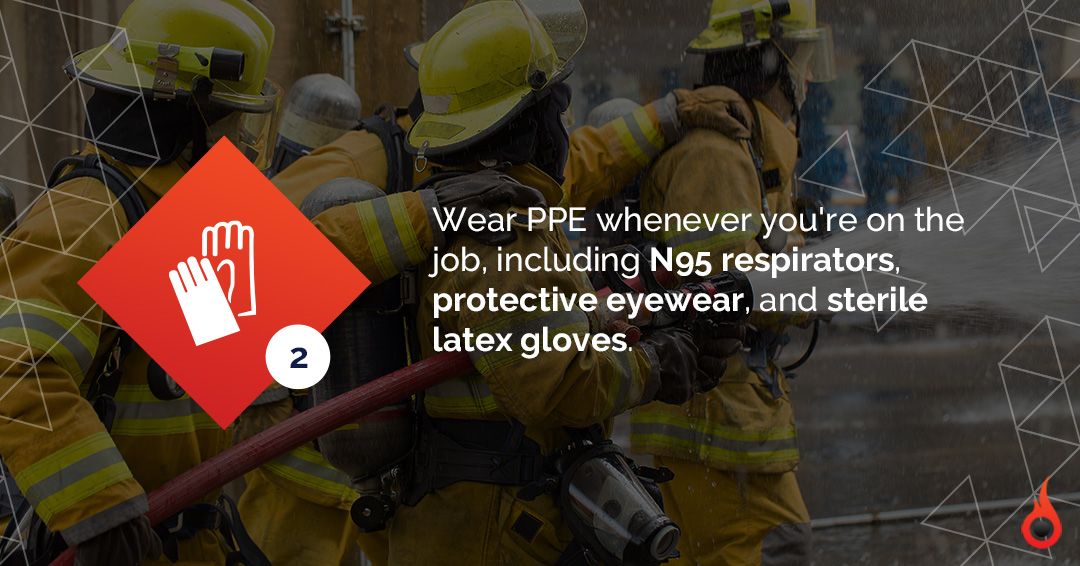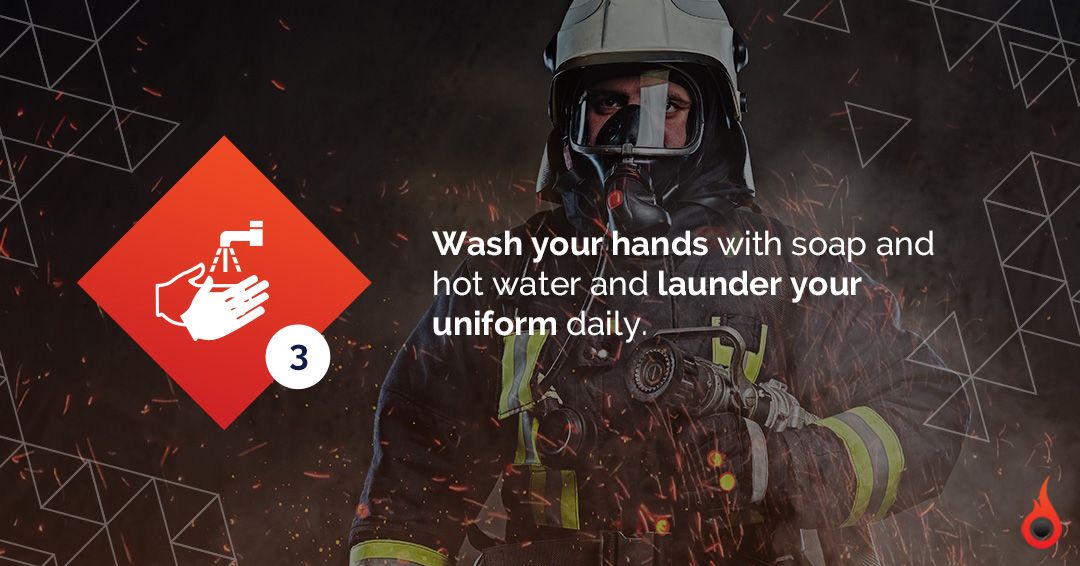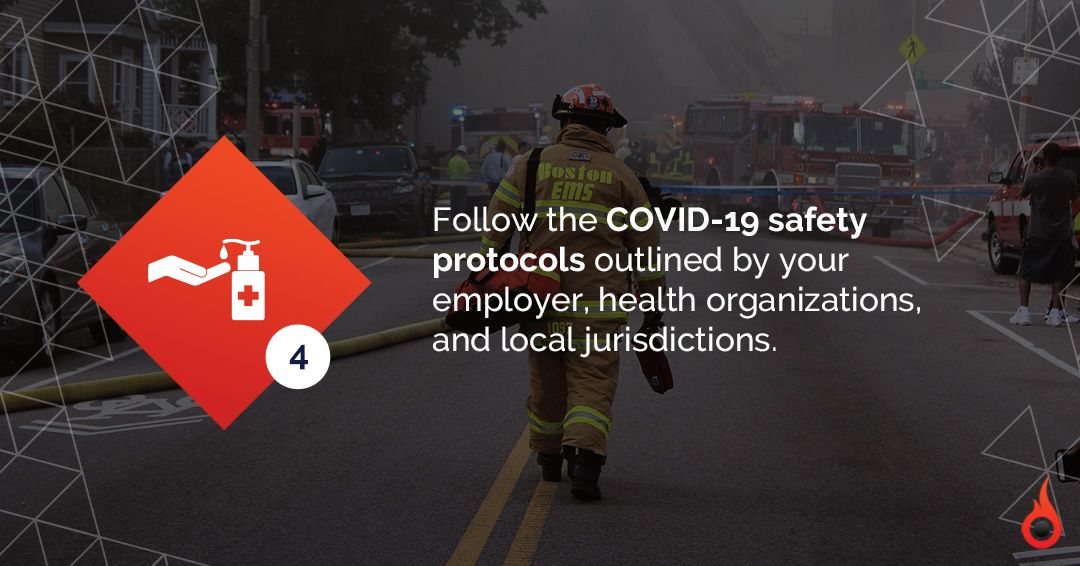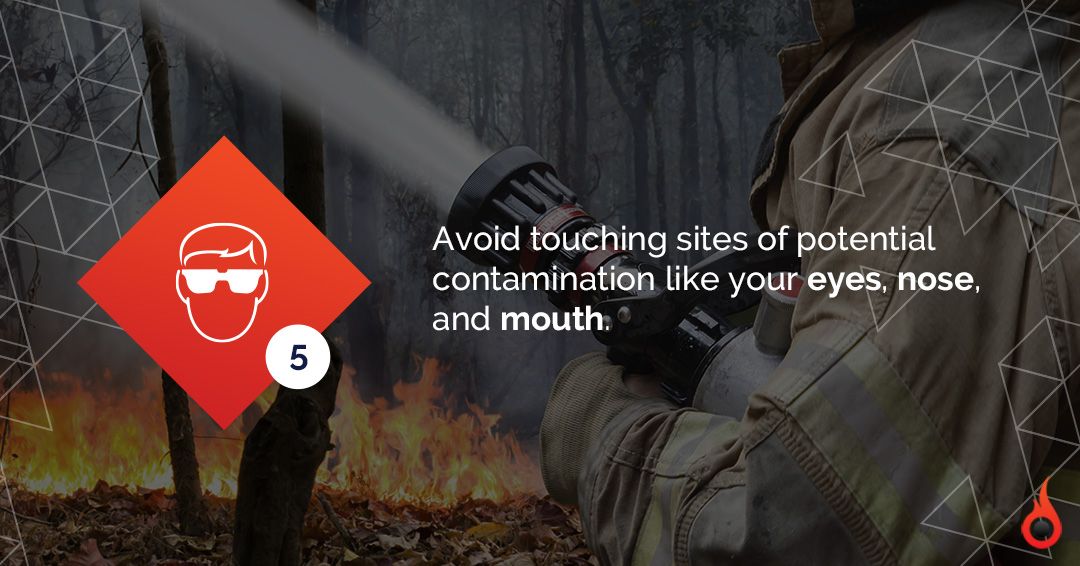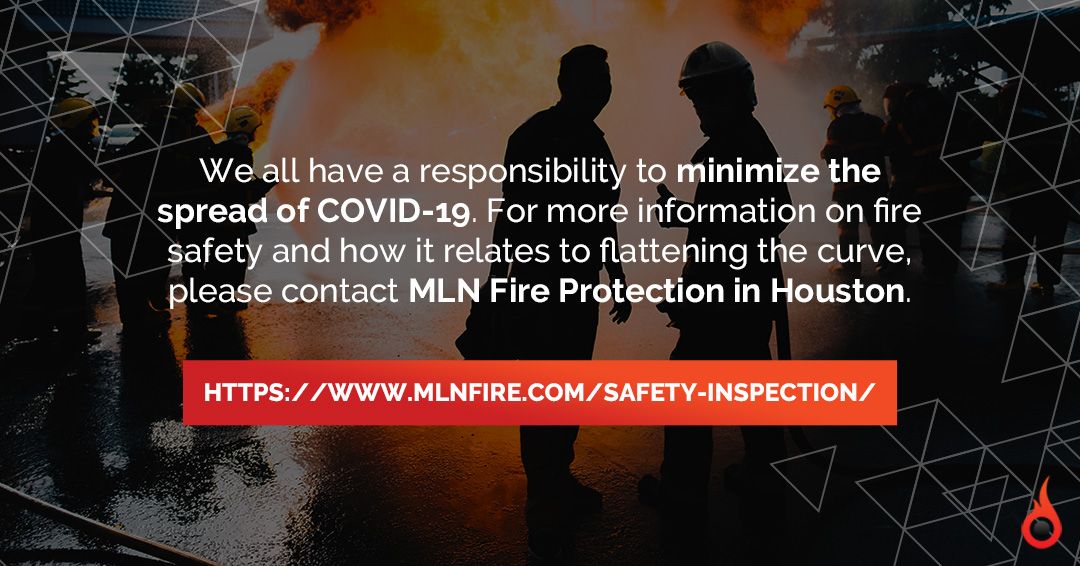We rely on firefighters to keep us safe from emergencies, but in the midst of a global pandemic, it’s uncertain if anyone can completely protect themselves from the rapid spread of COVID-19. Crisis or no crisis, many emergency response professionals must continue working on the front line, putting themselves and those around them at an increased risk of contracting coronavirus.
Firefighters are one of the most important contributors to community safety, but it goes both ways: emergency response teams must adopt best practices for disease control to keep the virus as contained as possible. So, how can a public-facing professional like a firefighter ensure that they protect themselves just as much as they protect their communities? In this article from MLN Fire Protection, we’ll share the information about COVID-19 that firefighters need to adhere to both for their duties and CDC guidelines.
For more information on how firefighters, EMS workers, and other frontline professionals can slow the spread of coronavirus, please visit this CDC resource. For options and details on our effective fire prevention and sprinkler systems, please contact MLN Fire Protection in Houston today.
HOW FIREFIGHTERS CAN PROTECT THEMSELVES
Firefighters play a vital role in the protection of communities, but it’s impossible to do this without protecting themselves first by taking preventative measures against coronavirus. The use of clinical-grade disinfectants and PPE are a good start, but there are numerous other steps that should be taken to decrease the likelihood of communicability.
The CDC recommends that firefighters refrain from going to work if they have experienced any signs of illness, especially shortness of breath, fever, or cough. Make an appointment with your healthcare provider as soon as possible, and do not return to work until approved to do so by your supervisor or according to your department’s return-to-work policy.
Other protective measures for firefighters include wearing a facemask or a high-level N95 respirator whenever possible. Although firefighters often need to wear specialized gear on the job, the addition of disposable latex gloves and protective eyewear can often be incorporated as an added precaution. If you interact with someone who appears to be exhibiting COVID-19 symptoms, has a confirmed history of infection, or has been symptomatic within the last two weeks, alert your department supervisor immediately and schedule a test for the virus if possible.
HOW FIREFIGHTERS CAN PROTECT THE PUBLIC
It goes without saying that personal safety measures against COVID-19 directly relate to the safety of surrounding individuals, but there are still more procedures that may be implemented to maximize their efficacy for all parties involved. It is not simply enough to own a single respirator; firefighters must disinfect PPE before and after all interactions with those they serve. Uniforms and other wearable items should be laundered in hot water or treated with an antimicrobial solution at least once per day, and possibly twice if an interaction with a contaminated environment or infected individual is suspected.
Between emergency response visits, fire safety workers are encouraged to use antibacterial hand gels made with at least 60% ethanol or 70% isopropanol. Handwashing should be done whenever access to soap and water presents itself. Lastly, firefighters and EMS workers should avoid making contact with any areas of their body that have been linked to coronavirus transmission, especially areas like the eyes, nose, and mouth. If accidental contact does occur, use hand sanitizer or wash your hands as soon as possible.
HOW EMPLOYERS CAN PROTECT FIREFIGHTER PERSONNEL
Although employers may not be on the frontline of action as often as their firefighters and emergency personnel, they still bear the responsibility of ensuring that their teams are trained in proper protective measures. Fire safety and firefighting officials should test all PPE and respirators to ensure proper fit and function, as well as supply the infrastructure for regular maintenance of such equipment. Employers should also consult accredited health providers, surrounding jurisdictions, and CDC resources to develop a comprehensive safety plan for personnel and the public they serve.
In the event of a suspected contamination or outbreak, firefighter employers should devise and stick to a predetermined protocol of correspondence with dispatch centers. These resources can provide insight as to whether the situation is a genuine COVID-19 concern, or a less severe issue that can be addressed through other disease prevention tactics. Documentation is a vital component of an antiviral safety plan, too. Distribute updated resources to personnel, read reports as often as possible, and be sure to keep a record of your efforts to ensure public health by logging the actions in the National Incident Management System (NIMS) database.
Lastly, stay up to date on all reports from local and state jurisdictions regarding return-to-work protocols, COVID-19 guidelines, and best practices for emergency response professionals.
SUPPORT HOUSTON FIREFIGHTER SAFETY BY SECURING YOUR FIRE DETECTION SYSTEM
The way we see it at MLN, every fire that we can prevent with our services is one less firefighter or EMS worker in Houston who has to risk their life by visiting an emergency response site. Almost every house fire is preventable, and in the midst of the COVID-19 crisis, we all have a personal duty to minimize our contribution to unnecessary social contact. You can support local firefighters by simply taking a few necessary steps to prevent fires, minimize accidents, and avoid emergency response.
MLN Fire Protection performs inspections and repairs on fire detection and sprinkler systems for businesses and commercial organizations in the greater Houston area. Our job is more important than ever right now, as a malfunctioning alarm system often leads to a terrible fire that could have been avoided and an emergency response call that doesn’t necessarily need to happen. If you suspect your fire alarm is out of operation or that a sprinkler is in need of repair, please contact us at MLN today to learn more about our safety inspection and fire protection services.
